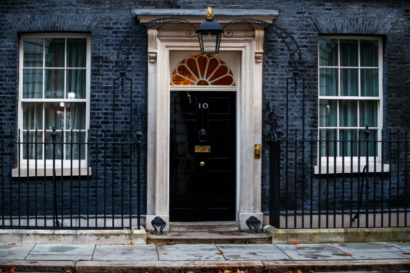PRESS RELEASES | 19/12/2018
Long-term targets essential to success of Environment Bill

Reacting to the publication today of the Draft Environment Bill, Nick Molho, Executive Director of the Aldersgate Group said: “We welcome the government’s ambition to establish a world-leading green governance framework. Progress has been made in several areas of the government’s proposals such as improving the Office for Environmental Protection’s powers on enforcement, although there is still work to be done to ensure as strong an enforcement system once the UK has left the European Union.
The pre-legislative scrutiny process should aim to reinforce the progress made on governance arrangements, by in particular clarifying how the Office for Environmental Protection can be set up in a way that best ensures its proper independence, elevating the government’s statutory duty to act in accordance with environmental principles rather than just have “regard to” the policy statement and broadening the scope of the policy statement to include the government’s fiscal and spending decisions.”
Nick Molho added: “It is welcome to see confirmation from government that they are exploring the inclusion of new environmental targets in the Environment Bill. Businesses have repeatedly welcomed the environmental improvement ambition shown in the government’s 25 Year Environment Plan but without the clarity provided by underpinning legislation, sufficient business investment to deliver natural environment improvement goals will not be forthcoming [1]. As we have seen following the impacts of legislation on waste, vehicle emissions and climate change, clear objectives in the Environment Bill, backed by the introduction of statutory measurable targets and delivery policies, will unlock business investment in new technologies, production processes, facilities and products [2]. An ambitious Environment Bill backed by clear targets will deliver environmental and economic benefits for the UK and cement its reputation as a world-leader in environmental action.”


